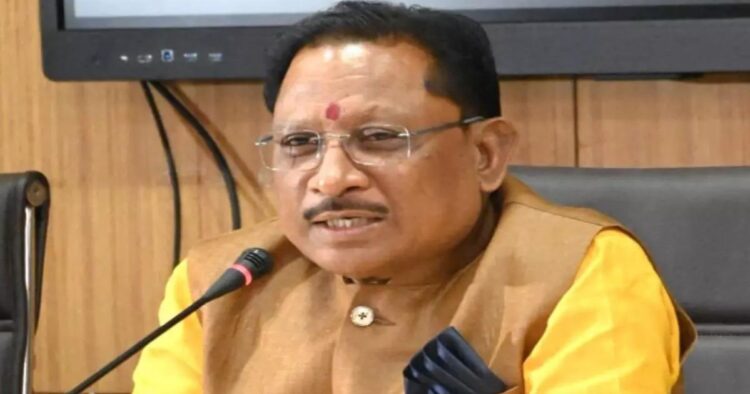In Chhattisgarh, a new bill regarding religious conversion is set to be introduced in the state assembly soon, as reported. The bill outlines specific procedures for individuals wishing to convert to another religion, requiring them to fill out a form with personal details at least 60 days in advance. This form must be submitted to the District Magistrate (DM), who will then engage the police to assess the individual’s “real intention, reason, and purpose” behind the conversion.
Although the draft of the bill is ready, sources suggest that amendments may be made before its final presentation in the Vidhan Sabha. According to the draft, the person conducting the conversion ceremony will also need to fill out a form at least a month in advance. It emphasizes that conversion cannot occur through abusive, coercive, fraudulent, or inducement means, including marriage.
If the DM finds evidence of illegal conversion, such as the use of force or fraud, it will be deemed unlawful. Following the conversion, the individual must fill out another declaration form within 60 days and appear before the DM for verification. Failure to comply may render the conversion illegal. The DM is required to display a copy of the declaration on the notice board of their office until confirmation is obtained.
Furthermore, the DM will maintain a registry of all individuals who convert. In cases of objection, a blood or adoptive relative of the converted individual can file a non-bailable FIR (First Information Report), which will be triable by a sessions court. The bill imposes strict penalties for illegal conversions, particularly involving minors, women, or members of Scheduled Castes or Scheduled Tribes.
Those found guilty of illegal conversions could face imprisonment ranging from two to ten years, along with fines. Mass conversions carry even stricter penalties, including imprisonment of three to ten years and higher fines. Additionally, the court may approve compensation of up to Rs 5 lakh for victims of religious conversion.
The burden of proof that a conversion was legal rests on the person who conducted the rituals. Notably, the law exempts individuals seeking to re-convert to their previous religion.
In recent years, incidents of attacks on tribals who converted to Christianity have been reported in Chhattisgarh. The issue of conversions gained political traction during assembly polls, with the BJP highlighting it as a significant concern. Late Union Minister Dilip Singh Judeo initiated the “Ghar Wapsi” campaign in his district, aiming to bring back converted individuals to Hinduism.
Chhattisgarh Chief Minister Vishnu Deo Sai, mentored by Judeo, attributes the increase in religious conversion to Judeo’s efforts. He praised Judeo’s dedication to the “Ghar Wapsi” campaign and highlighted its impact on protecting the district from rapid conversions.















Comments